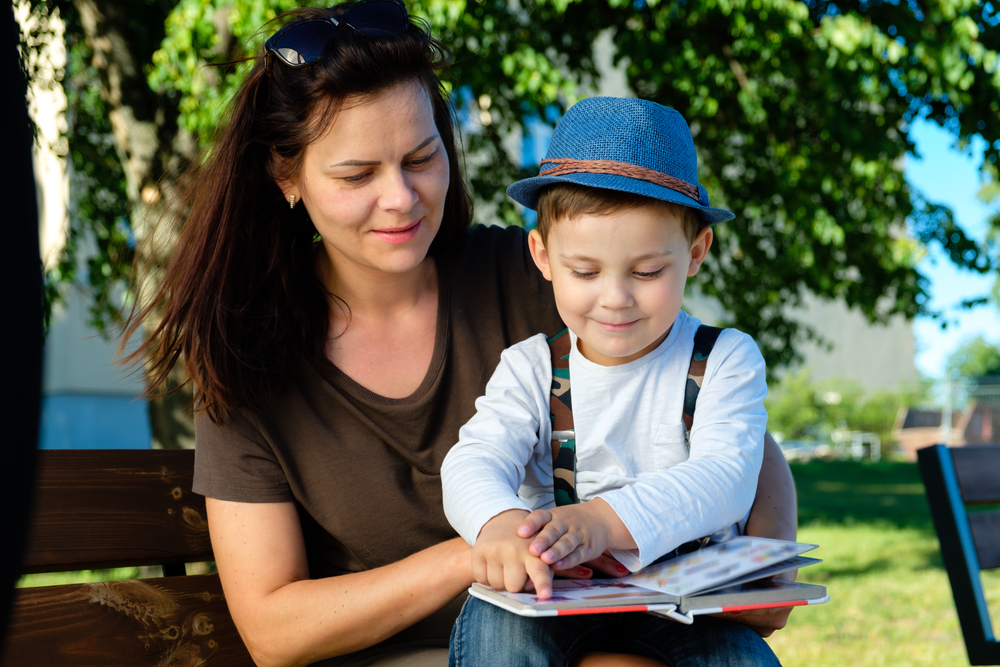
Across the US, it is common education practice that five-year-olds are eligible to enter kindergarten. Some states make it compulsory when kids turn six or seven. However, there are also places that five-year-olds should be in kindergarten already, such as Virginia. Hence, it is an intuitive decision for some parents to send their young kids to kindergarten at five or six because of some standards.
Five or six years old can be kindergarten-ready
Overall, starting school at five or six years old is not a problem, and perhaps, an astute decision. It is if the kid is ready and comes prepared to study. In this sense, parents should remember first that being a learner is not all about age or academics. It is also about the skills and behavior of their children towards being school students. Also, not all five or six-year-olds have the same maturity and learning pace. Recognizing these brings pleasant experiences to a child, momentarily or permanently.
Here are some means to help young children get used to attending classes.
Choose a fitting schedule. If a pupil has separation issues, a half-day class for two to three days a week can be a good option. A few hours of attending class may appease a young one to experience learning with others. A full day may stress a shy or sleepy kid.
On the other hand, a full-time class schedule may also be a solution depending on how a child adjusts. The idea is the more a child spends time in school, the quicker they become comfortable in this environment.
Be involved in school activities. For schooling or not, kids with supportive parents become motivated and active in learning. So what more if their mommies and daddies are game to join them in school activities.
A significant step for five or six-year-old kids before kindergarten

It is a leap for young ones to take primary education connected to its structured setup. There are expectations that they have acquired some learning skills to study various subject matters. For example, kids are at least agreeable to follow instructions from teachers. They also have no problem joining classroom activities. In this manner, it is good they come prepared by taking education programs before kindergarten.
In terms of early childhood education, several state-run programs support four-year-old kids to take preschool and pre-k. An example of such is the Virginia Preschool Initiative (VIP). It supports young children not covered by Head Start to take preschool or pre-k before transitioning to kindergarten. The objectives are to address learning issues and help them perform well academically.
Concerning preparation for kindergarten, some parents choose academic redshirting. They intentionally postpone the entrance of their toddlers to kindergarten and buy time to get them prepared first. And based on the studies and practices redshirting has, the kids get prepared by enrolling in preschool or pre-K programs.
The decision to let the five or six-year-old young kids attend school is up to the parents generally. However, it is one of those things that should be well-thought because it affects how a child would love to be a pupil or lifelong learner.

Recent Comments